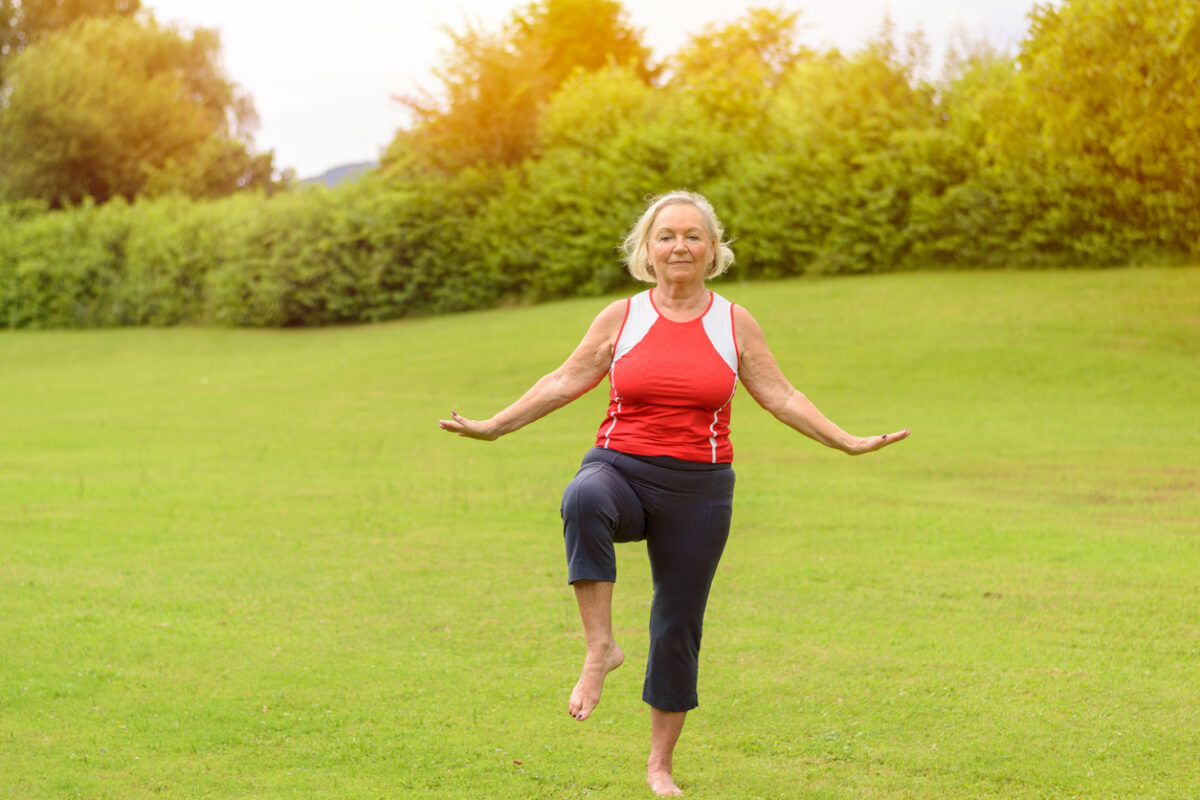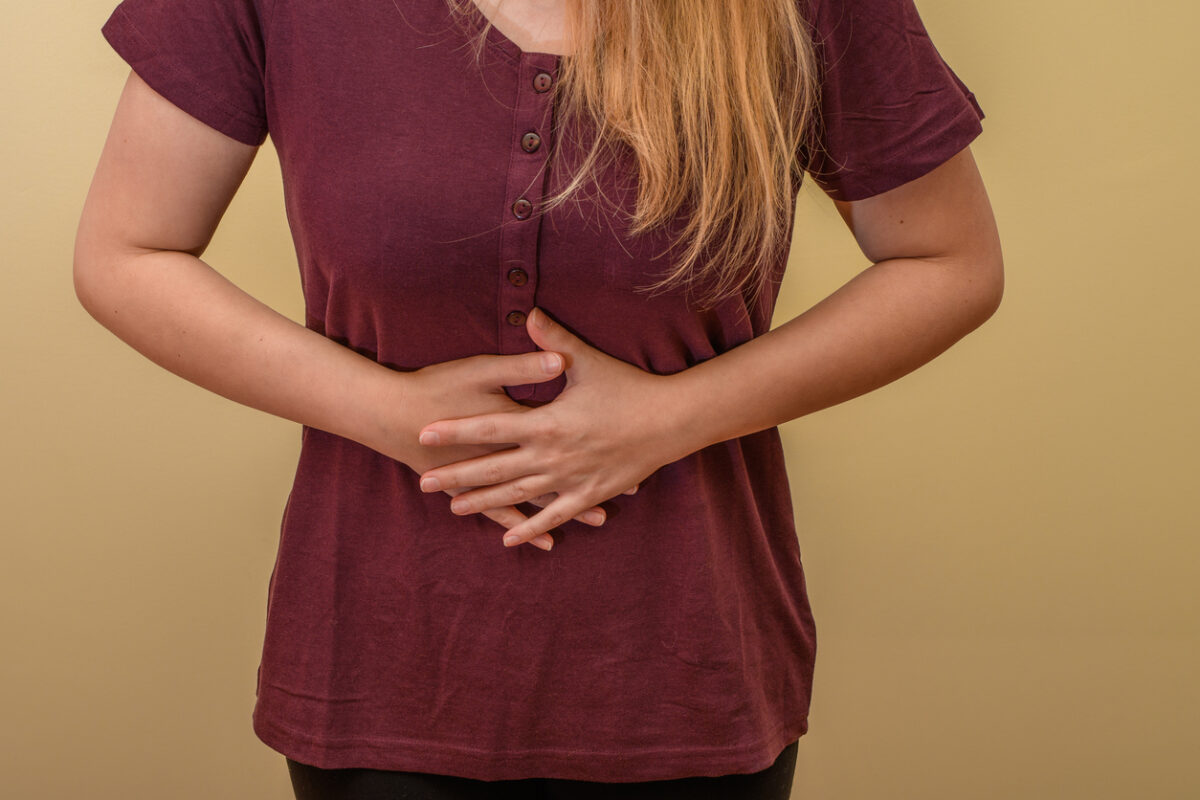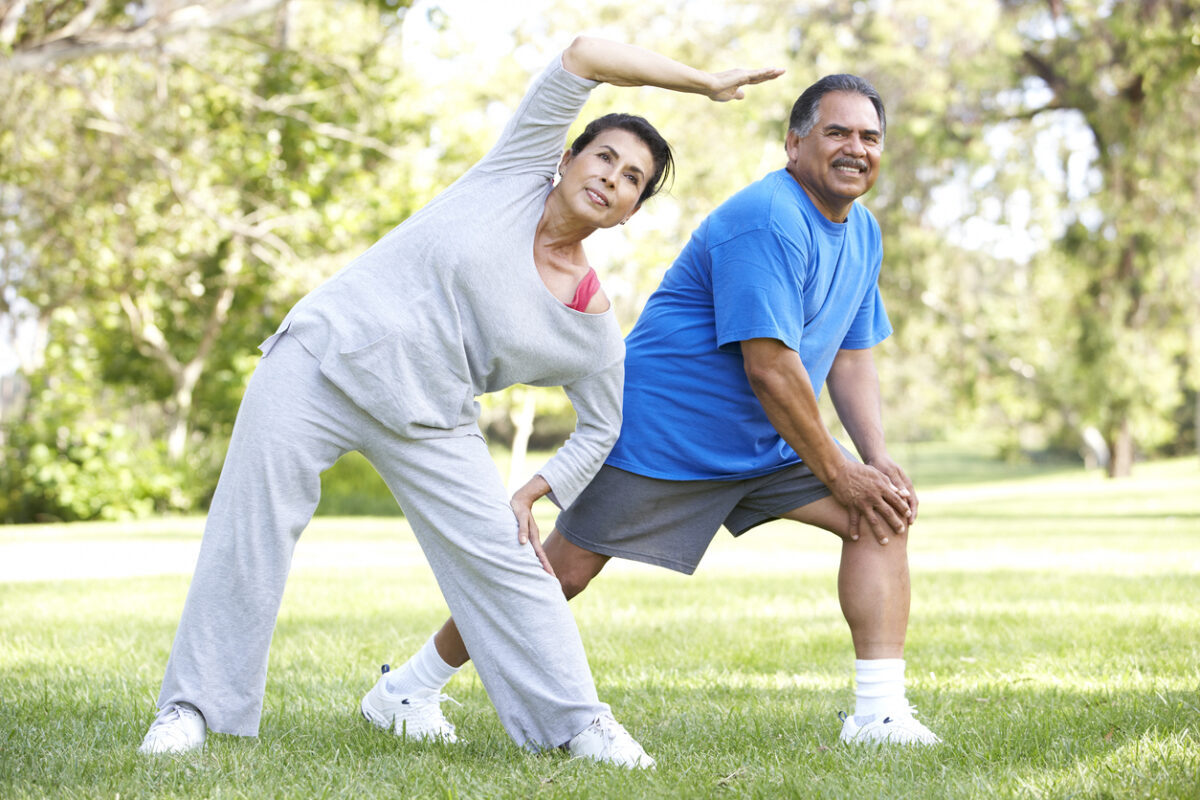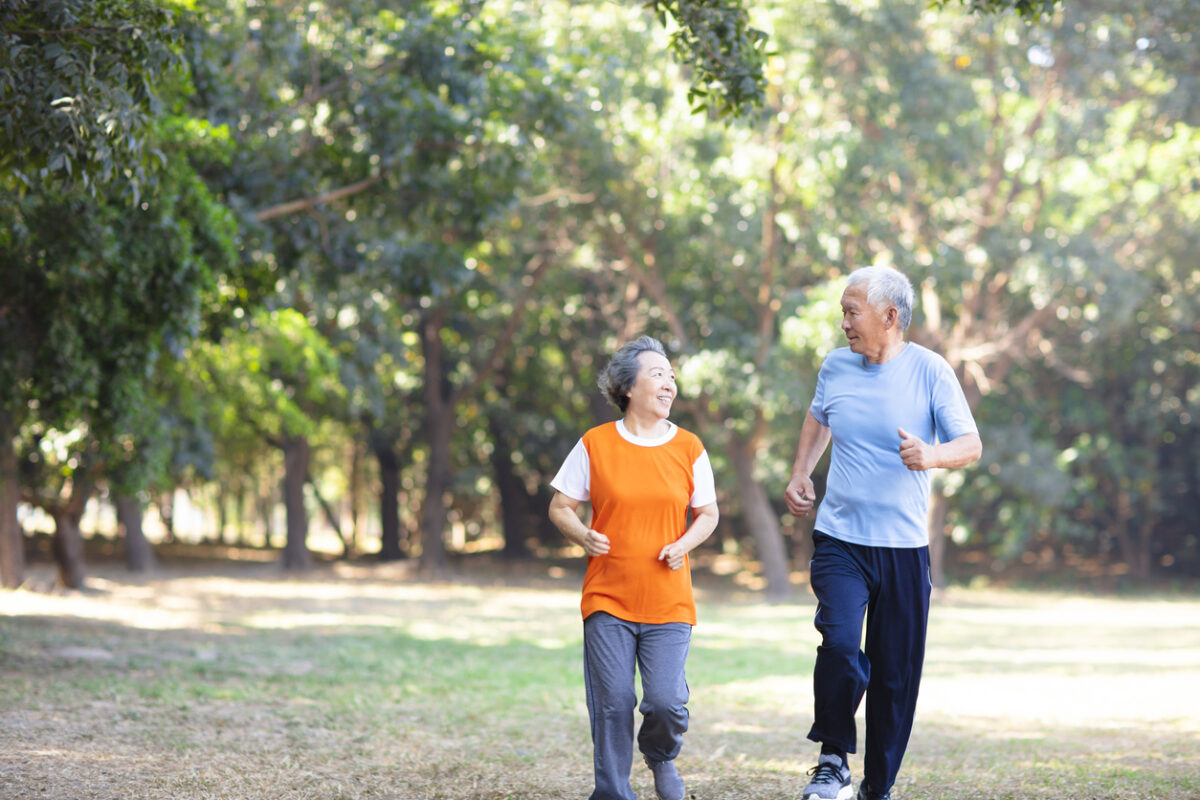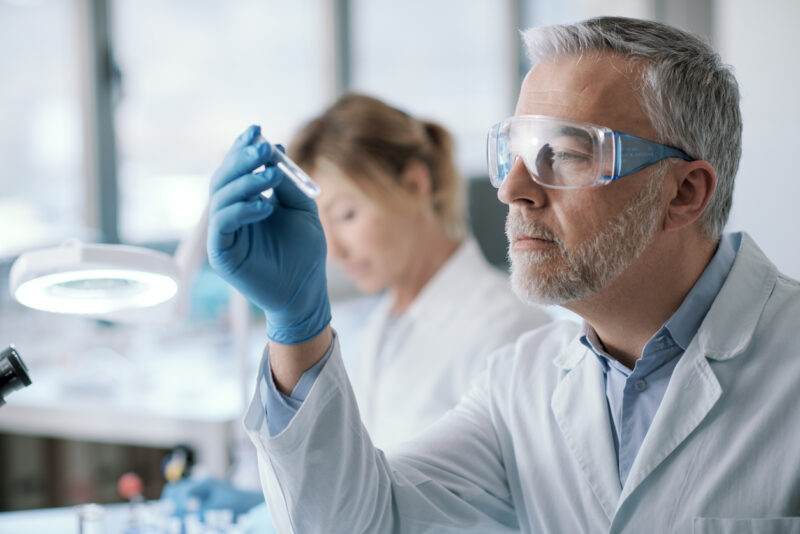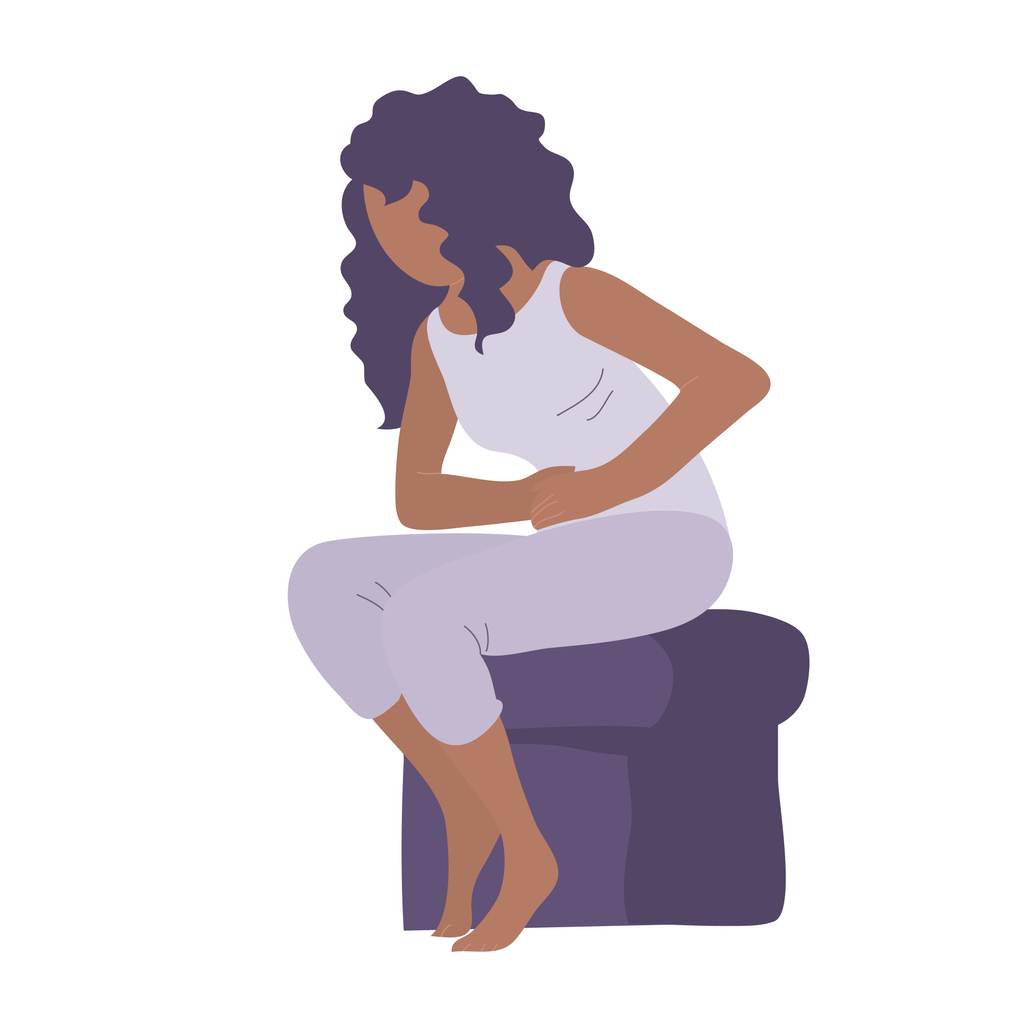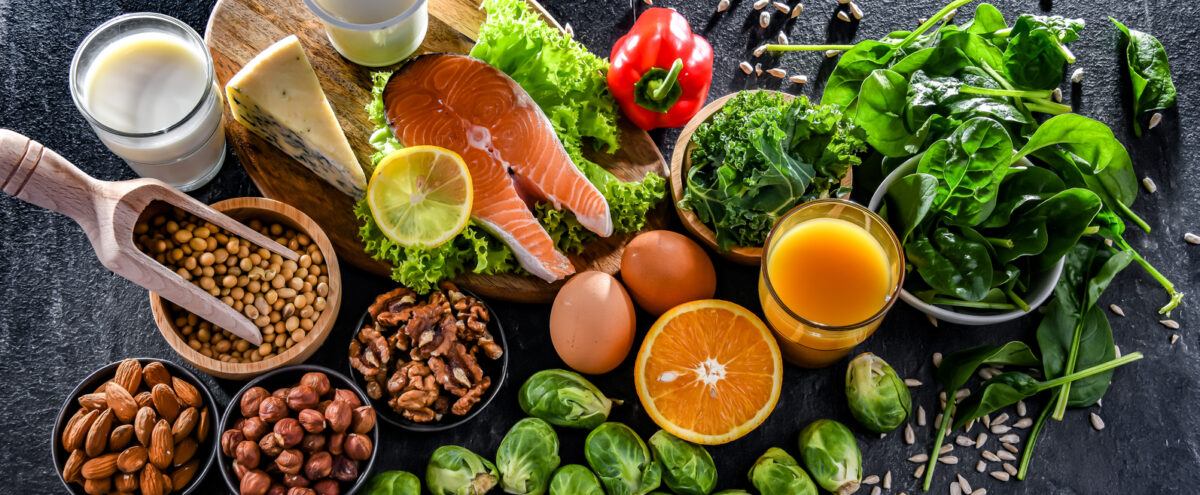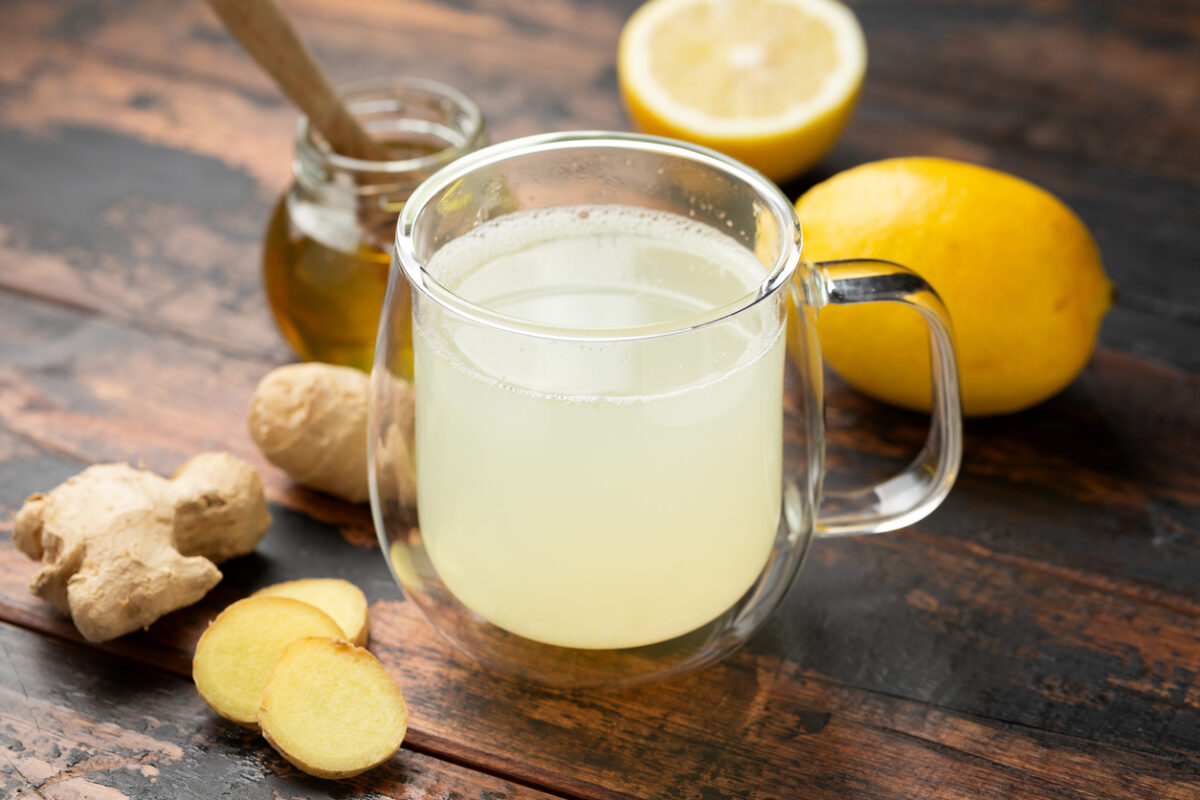Discover the Best Fiber Rich Foods for Constipation Relief
This article will explore the best fiber rich foods for constipation. Constipation is a common digestive issue that can cause discomfort and difficulty in passing stools. However, incorporating fiber-rich foods into your diet can help promote regular bowel movements and prevent constipation. By including these foods in your meals, you can improve your digestive health and alleviate the symptoms of constipation. Stay tuned to find out which high-fiber foods are the best for promoting healthy digestion and relieving constipation.
Natural Solutions! How do fiber rich foods help you?
Fiber-rich foods help prevent constipation by adding bulk to the stool and promoting regular bowel movements.
When consumed, fiber passes through the digestive system relatively intact, absorbing water and increasing the size and softness of the stool. It helps stimulate the muscles in the intestines, aiding in waste movement through the digestive tract. Additionally, fiber acts as a prebiotic to nourish the beneficial bacteria in the gut, which can also contribute to improved bowel regularity.
It will benefit you greatly if you spend a little time learning the best fiber-rich foods for constipation.

Top-10 Fiber Rich Foods for Constipation in Ordinary Western Cousine
As mentioned in the previous chapter, the intake of dietary fiber is crucial for preventing and relieving constipation. While it is best to obtain fiber through regular and natural dietary choices, we will introduce the top 10 ingredients commonly found in everyday Western cuisine that are rich in dietary fiber.
1. Beans and legumes: These include lentils, chickpeas, black beans, and kidney beans. They are high in fiber and can be incorporated into various dishes.
2. Whole grains: Opt for foods like whole wheat bread, oatmeal, brown rice, and quinoa, which are rich in fiber and other essential nutrients.
3. Berries: Raspberries, blueberries, and blackberries are not only delicious but also contain a good amount of dietary fiber.
4. Avocado: This creamy fruit is not only a great source of healthy fats but also provides a significant amount of fiber.
5. Broccoli: This cruciferous vegetable is packed with fiber, vitamins, and minerals, making it a nutritious choice.
6. Brussels sprouts: These mini cabbages are high in fiber and can be roasted or sautéed for a tasty side dish.
7. Chia seeds: These tiny seeds are a great source of fiber, omega-3 fatty acids, and antioxidants. They can be added to smoothies, yogurt, or oatmeal.
8. Nuts and seeds: Almonds, flaxseeds, and sunflower seeds are examples of fiber-rich options that can be eaten as a snack or added to recipes.
9. Whole fruits: Apples, pears, and oranges are examples of fruits that are high in fiber when consumed with their skin.
10. Leafy greens: Spinach, kale, and Swiss chard contain both soluble and insoluble fiber and can be added to salads or sautéed as a side dish.
Adding these fiber-rich foods to your daily meals can help promote digestion, regulate blood sugar levels, and support overall good health.
Some Deeper Insights
Water soluble fiber and insoluble fiber
It will be healthy enough if you take care of your diet to contain enough “dietary fiber”. But, if you prefer, there is a little deeper insight you can consider.
Dietary fiber is a type of carbohydrate that is found in plant-based foods and is essential for a healthy diet. There are two main types of dietary fiber: water soluble fiber and insoluble fiber.
Water soluble fiber dissolves in water and forms a gel-like substance in the digestive tract. This type of fiber is found in foods such as oats, barley, legumes, fruits, and vegetables. Soluble fiber has been shown to help lower cholesterol levels, regulate blood sugar levels, and promote a feeling of fullness, which can aid in weight management.
On the other hand, insoluble fiber does not dissolve in water and remains intact as it passes through the digestive system. It is found in foods such as whole grains, nuts, seeds, and the skin of fruits and vegetables. Insoluble fiber adds bulk to the stool and helps regulate bowel movements, preventing constipation.
Both types of dietary fiber are important for maintaining a healthy digestive system. They provide numerous health benefits and can be easily incorporated into a balanced diet by consuming a variety of whole plant-based foods.
How Much Water soluble and insoluble Fiber You Need to Prevent Constipation?
To prevent constipation, it is important to consume a sufficient amount of both water-soluble and insoluble fiber. The recommended daily intake of fiber for adults is around 25-30 grams.
Water-soluble fiber can be found in foods such as oats, beans, lentils, fruits, and vegetables. It dissolves in water and forms a gel-like substance in the digestive system, helping to soften stools and promote regular bowel movements. Aim to include at least 10-15 grams of water-soluble fiber in your diet daily.
Insoluble fiber, on the other hand, adds bulk to the stool and helps it move through the digestive tract more easily. This type of fiber is found in whole grains, wheat bran, nuts, and seeds. Aim for around 15 grams of insoluble fiber per day.
Remember to gradually increase your fiber intake and drink plenty of water to allow the fiber to work effectively. If you have chronic constipation or any specific dietary needs, it is best to consult with a healthcare professional for personalized recommendations.
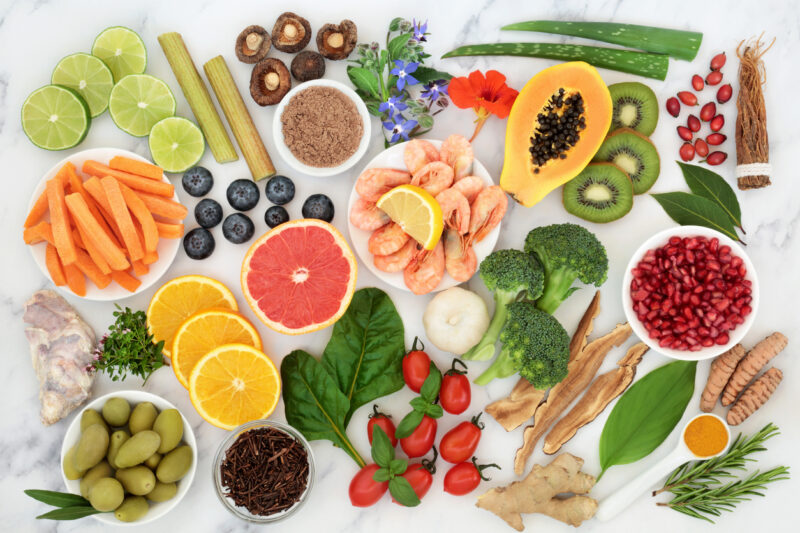
Breaking Down Fiber Content! Comparing Different Foods for Your Digestive Health
-
- Beans and Legumes:
- Fiber Type: Insoluble, Soluble
- Fiber Content: Approximately 6-16g per 100g
- Whole Grains:
- Fiber Type: Insoluble
- Fiber Content: Approximately 2-15g per 100g
- Berries:
- Fiber Type: Insoluble, Soluble
- Fiber Content: Approximately 2-10g per 100g
- Avocado:
- Fiber Type: Insoluble
- Fiber Content: Approximately 6-7g per 100g
- Broccoli:
- Fiber Type: Insoluble
- Fiber Content: Approximately 2.6g per 100g
- Brussels Sprouts:
- Fiber Type: Insoluble
- Fiber Content: Approximately 3.8g per 100g
- Chia Seeds:
- Fiber Type: Insoluble, Soluble
- Fiber Content: Approximately 34g per 100g
- Nuts and Seeds:
- Fiber Type: Insoluble
- Fiber Content: Approximately 3-12g per 100g
- Whole Fruits:
- Fiber Type: Insoluble, Soluble
- Fiber Content: Approximately 1-3g per 100g
- Leafy Greens:
- Fiber Type: Insoluble
- Fiber Content: Approximately 1-3g per 100g
- Beans and Legumes:
These values are general estimates and may vary based on specific varieties and cooking methods.
In The End;
Incorporating fiber-rich foods into your diet is a natural and effective way to relieve constipation. Remember to drink plenty of water and exercise regularly to promote digestion and maintain a healthy digestive system. So, make sure to include these top fiber-rich foods in your daily meals and experience the relief they bring.
Say goodbye to constipation and hello to a healthier, more comfortable you!



